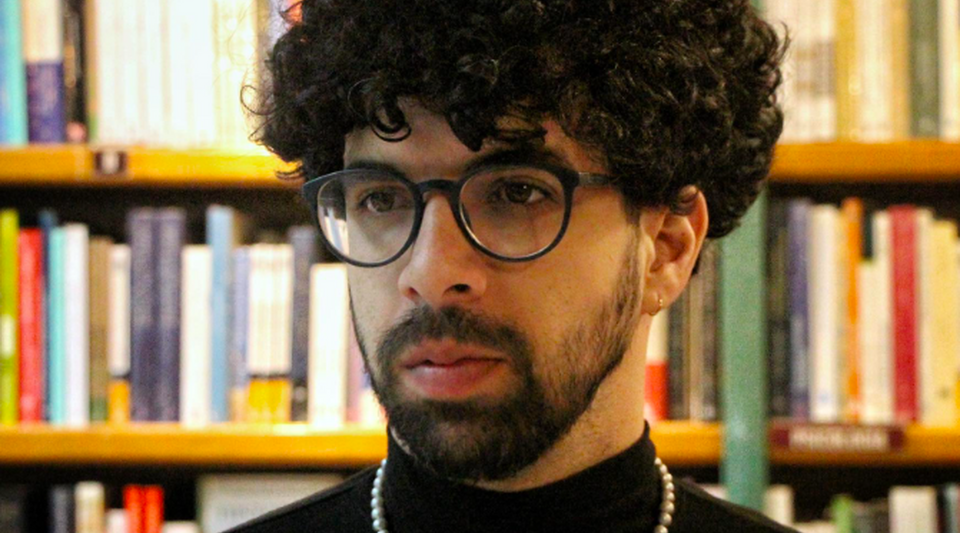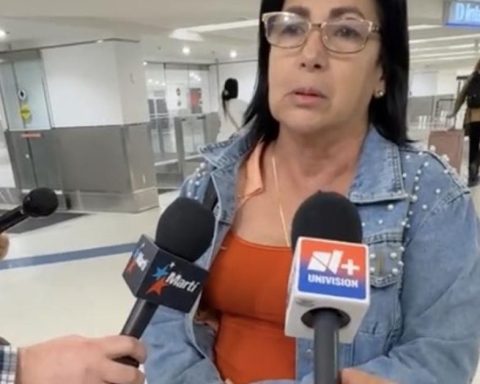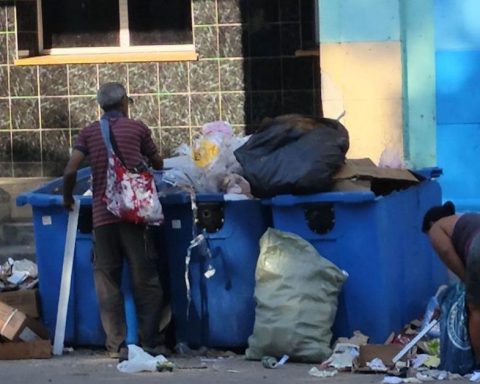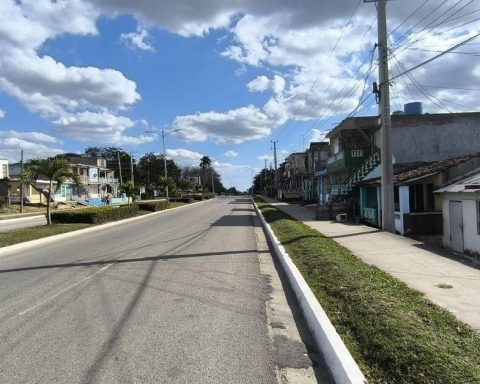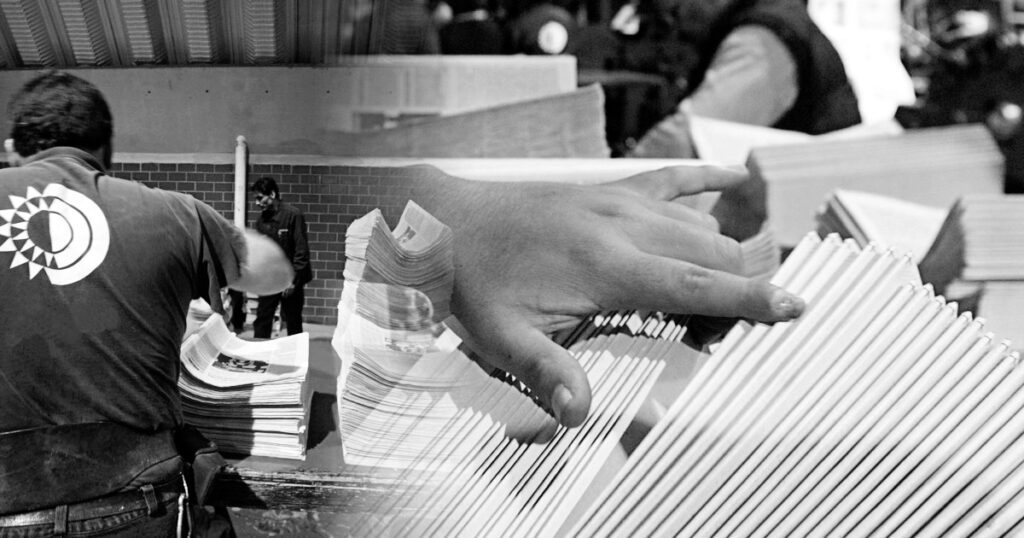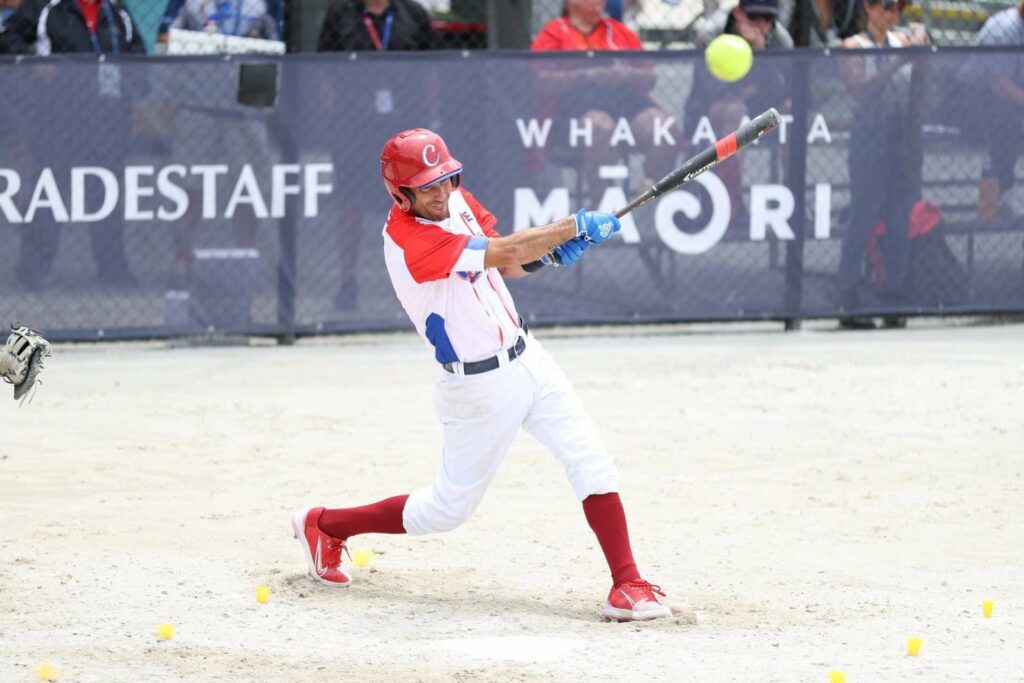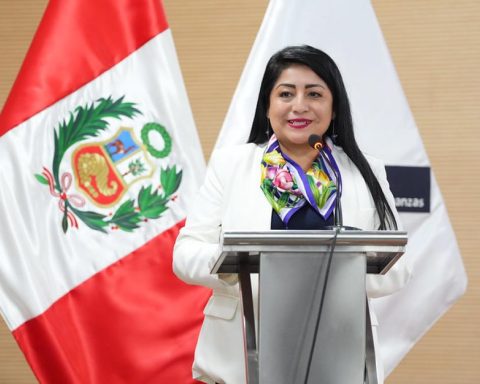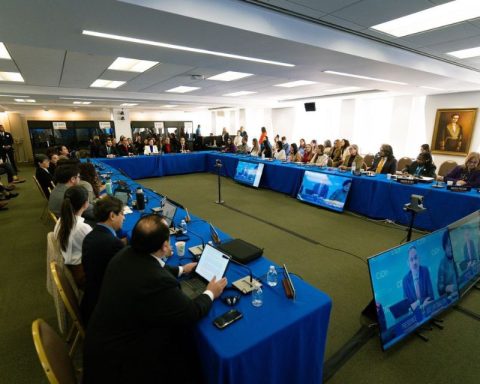Cuban writer and journalist Carlos Manuel Álvarez won the Sergio González Rodríguez Anagrama/UANL Chronicle Award this Tuesday in Mexico with his unpublished book intruders. According to its author, the text deals with his “long quartering” together with the San Isidro Movementin November 2020.
The award jury was made up of the writers Juan Villoro, Leila Guerriero and Martín Caparrós, the editor Silvia Sesé and the Secretary of Extension and Culture of the University of Nuevo León, José Javier Villareal, who made the decision public during the Fair International Book of Guadalajara, Mexico
intruders –presented under the pseudonym Yorik– won among the forty manuscripts submitted to the contest, which celebrates its fourth edition this year. The endowment of the prize, offered by the Anagrama Chair of the University of Nuevo León, is 10,000 euros.
After hearing the ruling, Álvarez thanked the jury in a post of Facebook and defined its text as a “mixture of report, testimony, profile and memory”, and attributed to the protest in San Isidro an irreversible change in the “political-sentimental map of the Island”.
The book, in the words of its author, constitutes an intimate account of his experience with State Security, and a theoretical exploration of the terms “revolution, dictatorship, language, and totalitarianism.”
“We are not victims who suffer Orwellian customary repression, nor actors subject to the closed framework of the Cold War, but individuals who fight”
“We are not victims who suffer Orwellian customary repression, nor are we actors subject to the closed framework of the Cold War, but individuals who fight and lead another possible conflict of modernity and its truncated horizons,” Álvarez points out, referring to the new generation of opponents. inside and outside Cuba.
The writer adds that his work is a review of Castroism not only as an expression of state power, but also as “a habit, a culture, a doctrine that shapes you emotionally and intellectually.” In short, it is a question of describing the “aesthetics of militancy at risk,” Álvarez emphasizes.
As to his companions of the San Isidro Movement –most of them in exile or suffering prison, like Luis Manuel Otero Alcántara and Maykel Castillo osorbo–, Álvarez defines his chronicle as “a dizzying operation” for the barracks, to whom he thanks “the treasure of being able to belong.”
The violent eviction of the strikers from San Isidro, on November 26, by State Security agents dressed in sanitaryware (the excuse was that the activists had violated the covid protocols), in turn provoked the solidarity of More than 300 artists gathered the next day in front of the Ministry of Culture to request dialogue with the authorities. Álvarez is interested in leaving a record of those days through an artistically worked story, even if it refers to real events and characters.
Carlos Manuel Álvarez was born in Cárdenas, Matanzas, in 1989, and lives in New York. For your report three cuban girlspublished in the magazine The sneeze -of which he is the founder- deserved the Don Quixote Prize for Journalism, in 2021. He has published the novels the fallens (2018) and fake war (2021), in addition to the book of stories The afternoon of the final events (2013).
Recently, Álvarez denounced that the Cuban regime prevented him from traveling to the island, when he was denied “from Havana” to board an American Airlines flight. The journalist then assured that he was willing to return to Cuba “by any other means.”
________________________
Collaborate with our work:
The team of 14ymedio He is committed to doing serious journalism that reflects the reality of deep Cuba. Thank you for accompanying us on this long road. We invite you to continue supporting us, but this time becoming a member of our newspaper. Together we can continue transforming journalism in Cuba.
